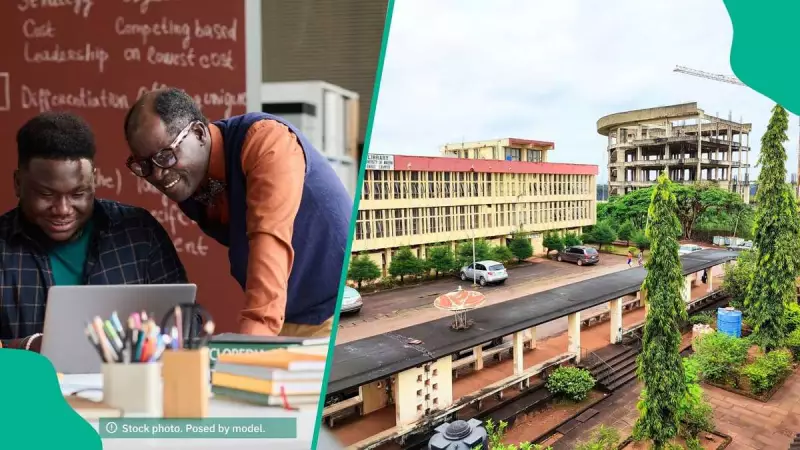
Across Nigeria's higher education landscape, a disturbing trend is emerging—university degrees are losing their value in the job market, leaving thousands of qualified graduates questioning the worth of their hard-earned education.
The Vanishing Promise of Education
For generations, Nigerian parents have sacrificed everything to send their children to university, believing education was the surest path to prosperity. Today, that promise is breaking down as graduates join ever-growing unemployment queues, their qualifications failing to open doors to meaningful employment.
A System Under Pressure
Multiple factors contribute to this alarming situation:
- Mass production of graduates: Universities churn out thousands of graduates annually, far exceeding available job opportunities
- Skills mismatch: The curriculum often fails to align with market demands and technological advancements
- Economic stagnation: Nigeria's struggling economy cannot absorb the growing number of educated job seekers
- Infrastructure decay: Many institutions lack modern facilities and resources needed for quality education
The Human Cost of Educational Devaluation
The consequences extend beyond statistics. Bright, ambitious young Nigerians now face the harsh reality that their degrees might not translate into financial stability. This has led to widespread frustration, brain drain as talented individuals seek opportunities abroad, and growing disillusionment with the education system.
Rethinking Value in Education
Experts suggest that solving this crisis requires fundamental changes:
- Curriculum reform to include practical, market-relevant skills
- Stronger industry-academia partnerships
- Encouragement of entrepreneurship among graduates
- Investment in technical and vocational education
The silent crisis in Nigeria's universities serves as a wake-up call for policymakers, educators, and society at large. Without urgent intervention, the very foundation of national development—educated human capital—risks being undermined, with far-reaching consequences for Nigeria's future.






